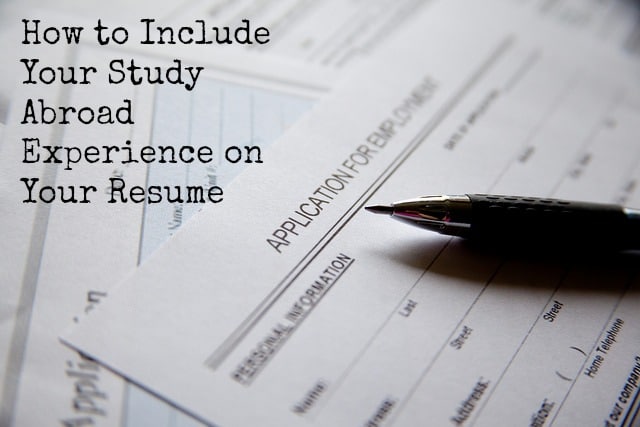
Those who have, currently are, or will study abroad can all attest to the benefits of it. Phrases such as “life-changing”, “amazing”, “eye-opening”, and “once in a lifetime” pop up in almost every conversation about someone’s experiences abroad. But, you need to be willing to dig deeper when speaking (and writing) about time spent exploring. So just how should you convey that “amazing” experience on your resume?
It’s a lot of information and can feel overwhelming when trying to accurately and meaningfully communicate an experience abroad on a one page resume (on top of all other education, internships, skills, and work experience on there already!) Here are a few tips on how to get it all in there so you will stand out as the one to hire.
Include your study abroad university or program in your education section
It can be a subset of your home university entry, or a separate one all-together. Some people prefer that a program that was a semester or less be a subset, and that a year-long exchange be a separate entry, but again, it depends on the specifics of your program. Regardless of where you put this information, make sure it gets somewhere! If your coursework was relevant to the job you’re applying for, consider including research, GPA, and course names.
Include it in the experience section (or international experience)
The latter works particularly well if you have several international education or cultural exchange experiences, and keep in mind, this can also include activities done stateside in conjunction with your study abroad office or local community organizations with an international focus. The experience section could also include interning, volunteering, and working abroad and campus involvement during your semester/ year.
Showcase your global-mindedness in the skills section
An obvious skill to include would be any language proficiency. Be specific here by including your level in reading, writing, and conversing. If you studied in an English speaking country, or if you are not comfortable enough in a language to list it just yet, don’t worry. There are plenty of other skills gained through international education.
Reflect on your time abroad and your new strengths
Were you the problem solver in your travel group? Did you often find yourself immersed in conversations with would-be-strangers? What country-specific knowledge have you acquired? Did you embrace change and could you adapt well to it? Could you communicate across language barriers? As mentioned before, some common skills listed to showcase your study abroad semester can include cross-cultural communication, adaptability, flexibility, ability to handle stressful situations, intercultural competency, open-mindedness, strategic thinking, and resourcefulness. Even though these may seem like small things to you now that your semester is over, you should let your future employer know about these new skills, as many bosses would value them in a new hire.
Use international connections as your references
An often overlooked section, in terms of including your international experience, is your references. The right reference can be a great way to actually prove your intercultural adaptation and communication skills. By listing a professor, advisor, or supervisor from your time studying, interning, or volunteering abroad, you can back your international experience up with real conversation between your future employers and those that knew you while abroad. As with all references, be sure that the person knows you well, and can speak to your personality and abilities with ease.
How has including your study abroad experience on your resume benefited you? Leave a comment letting us know.
Photo sources: www.flazingo.com
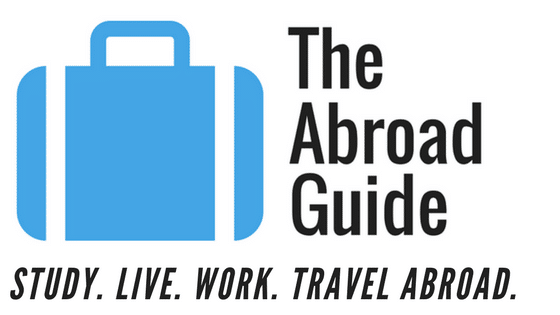

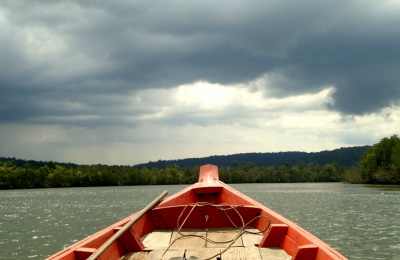










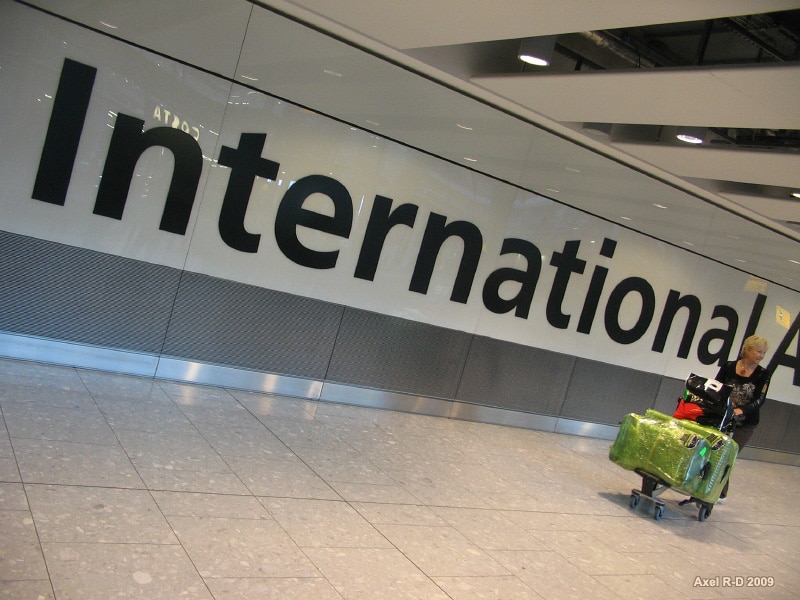


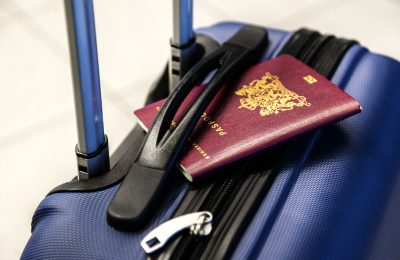

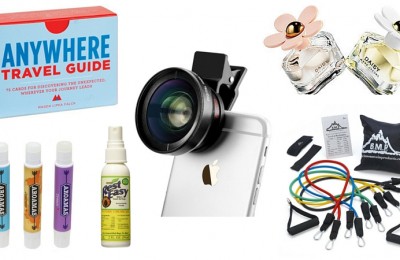





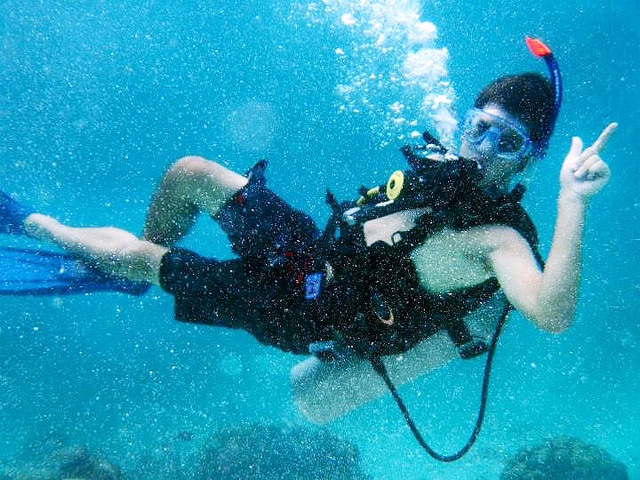
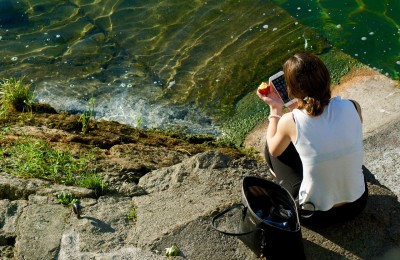
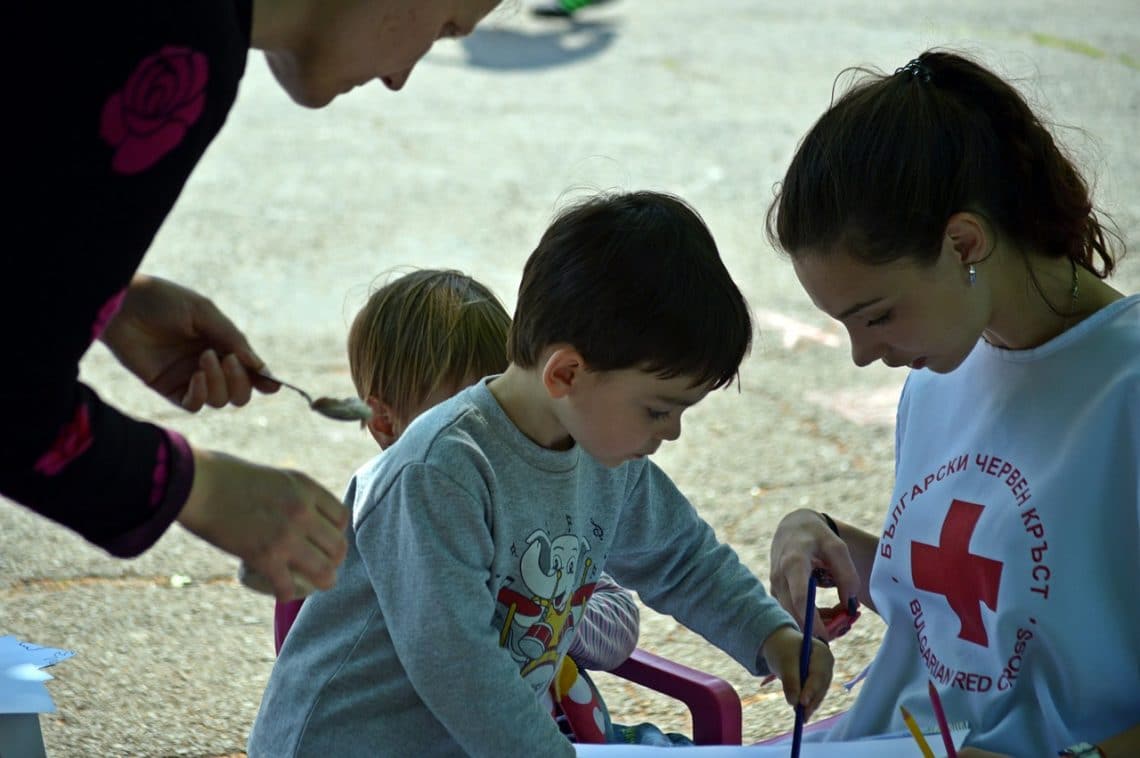






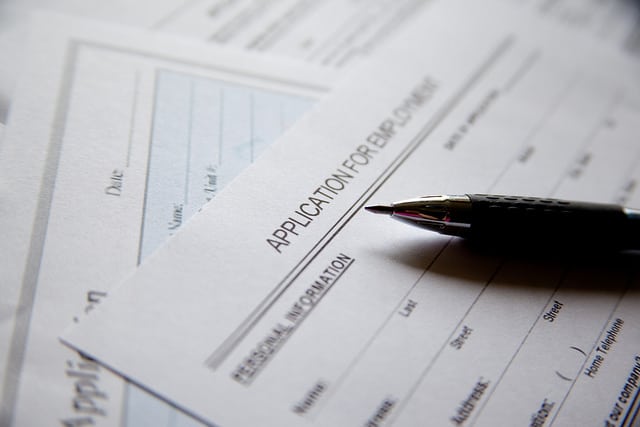
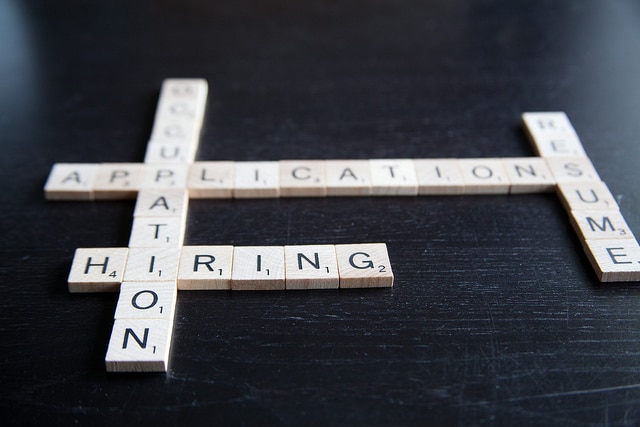





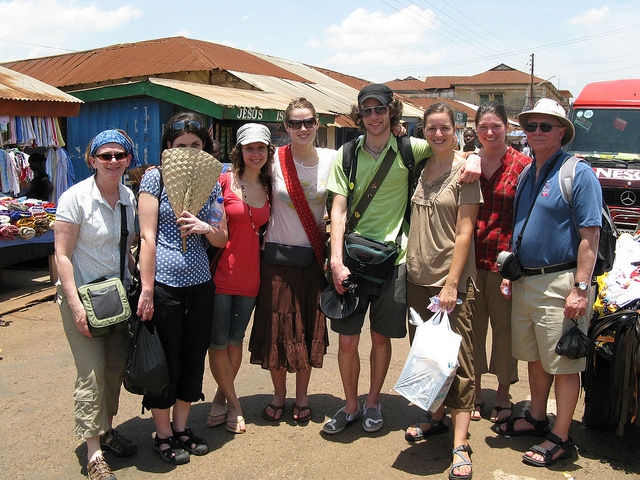






This is great advice! Getting strategic credit for your studying abroad is sooo important!